
Social media has made being an expat easier and less lonely. Photo: Colourbox
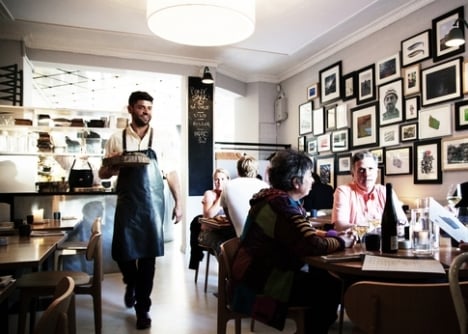
Pony is just one of the many restaurants to find on Vesterbrogade. Photo: Marie Louise Munkegaard/Copenhagen Media Center
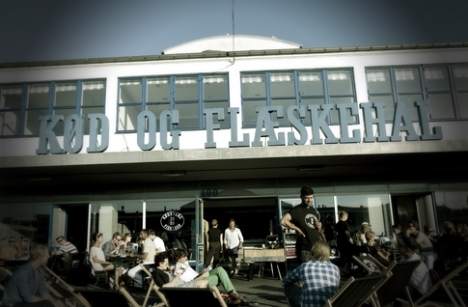
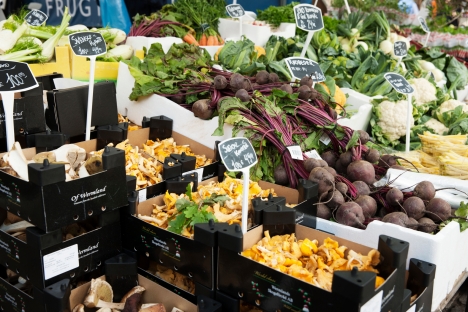
Torvehallerne. Photo: Robin Skjoldborg/VisitDenmark
 Melanie Haynes is originally from the UK and has lived in Copenhagen for seven years. She writes about life in Denmark on her blog Dejlige Days.
Melanie Haynes is originally from the UK and has lived in Copenhagen for seven years. She writes about life in Denmark on her blog Dejlige Days. 

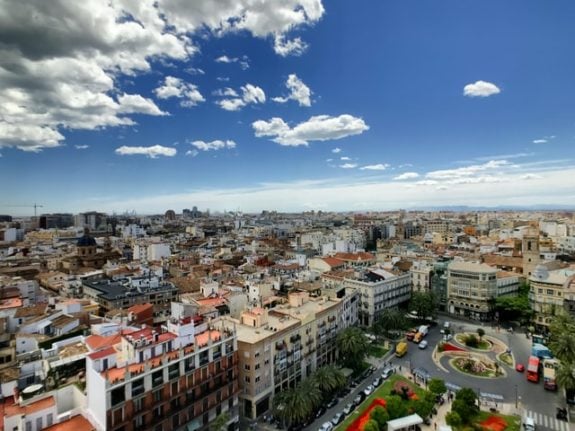
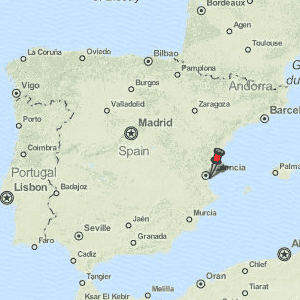



 Please whitelist us to continue reading.
Please whitelist us to continue reading.
Member comments